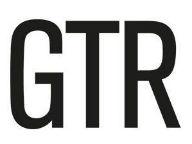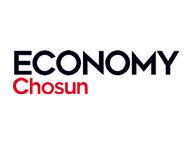Faculty News
—
Professor Arun Sundararajan is interviewed about the future of driverless cars
—

Excerpt from CCTV -- "The single biggest challenge facing the automakers is perceptions of safety among consumers. There's a very significant behavior change that many auto owners in America will have to go through before they embrace fully autonomous vehicles and understanding what those barriers are and removing those barriers is perhaps the single biggest challenge to automakers. Regulation is another big barrier. I think the number of entities that have jurisdiction over autonomous vehicles is potentially huge and of course the technology, and making sure the technology is ready."
Faculty News
—

Excerpt from CCTV -- "The single biggest challenge facing the automakers is perceptions of safety among consumers. There's a very significant behavior change that many auto owners in America will have to go through before they embrace fully autonomous vehicles and understanding what those barriers are and removing those barriers is perhaps the single biggest challenge to automakers. Regulation is another big barrier. I think the number of entities that have jurisdiction over autonomous vehicles is potentially huge and of course the technology, and making sure the technology is ready."




















